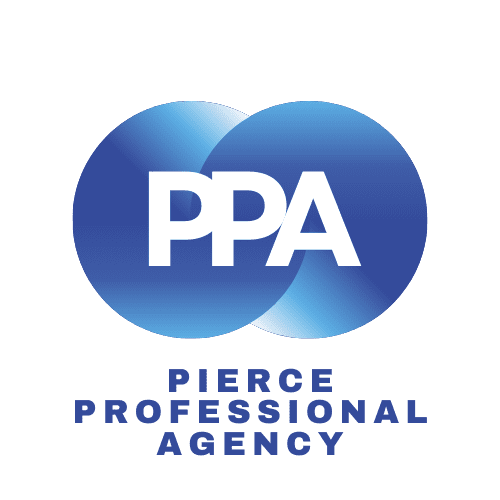When embarking on the journey to homeownership, one encounters a myriad of terms and concepts, some of which can be quite complex. Among these is mortgage insurance, a financial tool designed to protect both lenders and borrowers in the event of unforeseen circumstances. In this article, we’ll delve into what mortgage insurance is, its significance in the housing market, and the potential consequences if it weren’t available as an option.
Mortgage Insurance: Explained
Mortgage insurance is a type of insurance policy that offers protection to lenders when borrowers have a down payment that’s less than 20% of the home’s purchase price. It’s important to note that this insurance primarily benefits the lender, not the borrower. Its purpose is to mitigate the risk that lenders take on when approving mortgages with smaller down payments, reducing the chance of financial losses in case the borrower defaults on the loan.
Two Main Types of Mortgage Insurance:
- Private Mortgage Insurance (PMI): Typically required for conventional loans, PMI comes into play when the down payment is less than 20%. Borrowers pay a monthly premium, and once the loan-to-value ratio reaches 80%, the insurance can usually be canceled.
- Mortgage Insurance Premium (MIP): Primarily associated with FHA (Federal Housing Administration) loans, MIP serves a similar purpose to PMI. Borrowers pay an upfront premium at closing, followed by annual premiums. MIP remains throughout the life of the loan, regardless of the loan-to-value ratio.
The Importance of Mortgage Insurance
Mortgage insurance serves as a linchpin in the world of homeownership, enabling individuals and families with limited upfront funds to access the housing market. Without this safety net, several consequences could unfold:
- Limited Access to Homeownership: Many aspiring homeowners might be unable to enter the market due to the high barrier of a substantial down payment. Mortgage insurance makes it feasible for people to purchase homes with a more manageable upfront investment.
- Impact on Housing Market: The absence of mortgage insurance could lead to a decline in home sales, subsequently affecting the real estate market’s overall health and stability.
- Increased Interest Rates: Lenders could compensate for higher risk by increasing interest rates across the board. This would affect not only borrowers who traditionally rely on mortgage insurance but also those with larger down payments.
- Economic Implications: A less active housing market could have broader economic repercussions, as real estate transactions contribute significantly to local economies through property taxes, home improvement spending, and job creation in related industries.
Mortgage insurance is a financial tool that plays a pivotal role in enabling prospective homeowners to achieve their dreams of property ownership. By reducing risk for lenders and offering a way to mitigate the impact of smaller down payments, it ensures that the housing market remains accessible, vibrant, and inclusive. While mortgage insurance might not directly benefit borrowers, its availability greatly enhances the opportunities for individuals and families to secure a place they can call home.

